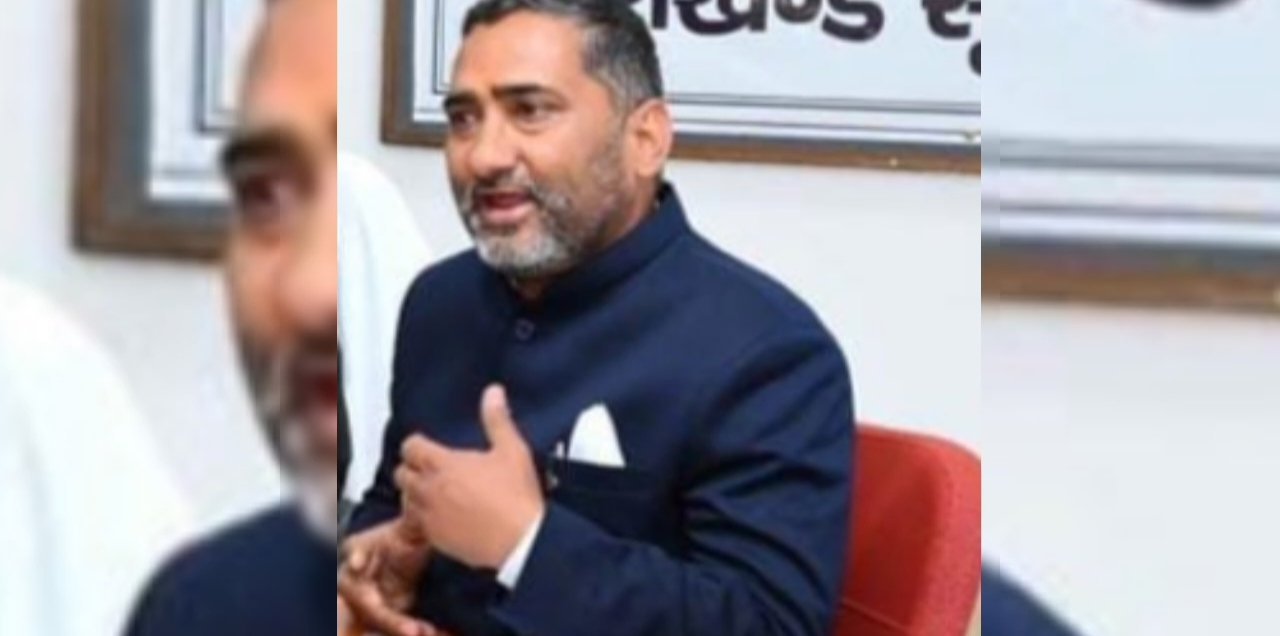Only an Ordinary Citizen Can Request Information
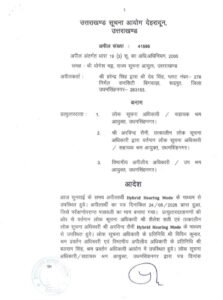
Under the Right to Information (RTI) Act, the right to seek information can only be exercised by an individual as an ordinary citizen.
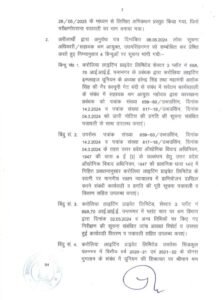
Office bearers of any institution, union, firm, or organizational body cannot request information under the RTI Act on behalf of their organization or in their official capacity. This has been clarified in a ruling by the State Information Commission in a recent appeal.
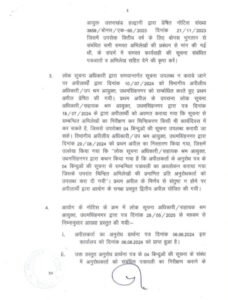
The Commission expressed strong disapproval over Public Information Officers (PIOs) – including the Assistant Labour Commissioner and the Appellate Officer, Deputy Labour Commissioner – for not disposing of RTI requests and appeals in accordance with the provisions of the Act. A warning has been issued to both the PIO and the Appellate Officer.
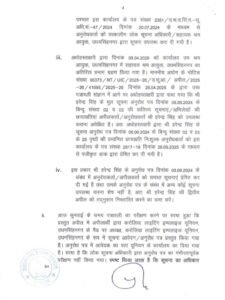
State Information Commissioner Yogesh Bhatt delivered this verdict in an appeal submitted by Harendra Singh, a resident of Rudrapur, who had approached the Commission as the President of the Karolia Lighting Employees Union.
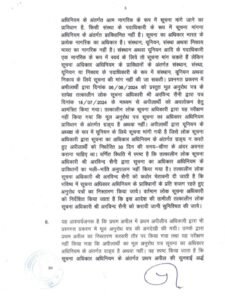
The appeal was filed after the PIO failed to provide satisfactory information. The Assistant Labour Commissioner, who was the PIO, claimed that the appellant had been given free access to inspect the relevant documents and obtain the required information.
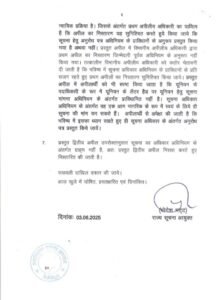
Upon examining the case file during the hearing, it was found that the appeal was submitted on the letterhead of the Karolia Lighting Employees Union, Udham Singh Nagar, by the union’s president. The applicant’s address was also listed as that of the union office. This clearly showed that the request was not submitted by an individual in a personal capacity, and the PIO failed to examine the request letter carefully.
The Commission emphasized that the RTI Act is meant for Indian citizens – not institutions, unions, or organizational bodies. Hence, information under the RTI Act cannot be sought in an official capacity on behalf of such entities. However, an individual officer bearer may request information in their personal capacity.
In this case, the original request was submitted on 06/06/2024, and the then-PIO, Mr. Arvind Saini, invited the appellant for document inspection via a letter dated 18/07/2024. But the PIO failed to verify whether the original request was admissible under RTI provisions. Since the request was made on behalf of the union, the PIO should have rejected it within the prescribed 30-day period and informed the applicant accordingly.
The Commission concluded that the then-PIO, Mr. Arvind Saini, did not fully comply with the provisions of the RTI Act. He has been issued a strict warning to handle such matters diligently in the future. The current PIO has also been instructed to ensure that this order is duly communicated to Mr. Arvind Saini.
The Commission further remarked that it was surprising that the First Appellate Authority also ignored the original request letter and disposed of the appeal casually without verifying its validity under the RTI Act. It was reiterated that a first appeal hearing under RTI is a quasi-judicial process, and the First Appellate Authority must ensure that the original request conforms to the provisions of the Act.
In this case, the departmental Appellate Authority did not act responsibly and failed to dispose of the appeal in accordance with the Act. Therefore, a strict warning has also been issued to the former Appellate Authority to ensure greater vigilance while handling first appeals in the future.
The Commission clarified to the appellant that requesting information on the union’s letterhead as its president is not permissible under the RTI Act. The appellant can seek information only as a common citizen for personal purposes. It is expected that the appellant will keep this in mind while submitting future RTI requests.


